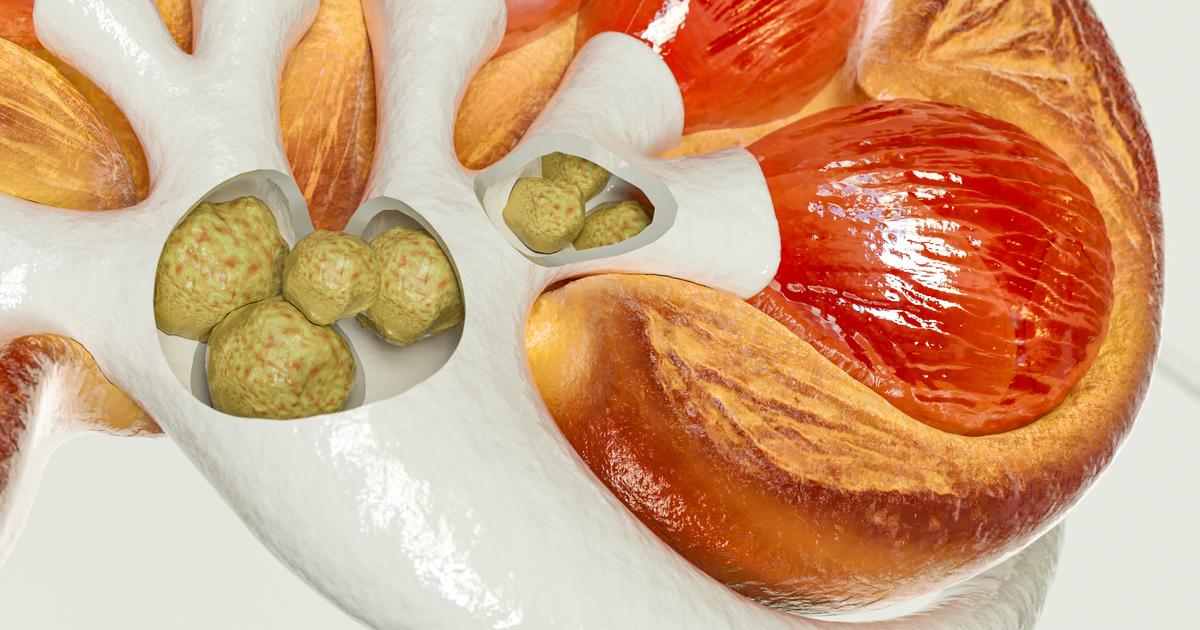Guide To The Types Of Kidney Stones
Cystine Stones

Cystine is a naturally occurring amino acid. Cystine stones are the rarest form of kidney stone, and these stones form in patients who have a genetic condition known as cystinuria. This condition causes an accumulation of excess cystine within the kidneys, and the excess leads to the formation of cystine stones. Both of a child's parents must have the particular genetic alteration associated with this condition for the child to have cystinuria; it cannot be inherited if only one parent has the alteration. Alterations in the SLC3A1 and SLC7AD genes trigger this condition. Patients are often diagnosed with cystinuria when tests are performed on existing kidney stones during treatment. Additional diagnostic testing procedures could include twenty-four-hour urine collection, an abdominal CT scan, and an intravenous pyelogram. Patients with cystinuria usually have repeated episodes of cystine stone formation. To reduce the recurrence of stones, doctors advise that sodium intake is limited to less than two thousand milligrams per day. Increasing urinary pH can make it easier for cystine to dissolve, and patients may be given alkalinizing agents to help with this. Chelating agents might be recommended to help dissolve cystine stones.